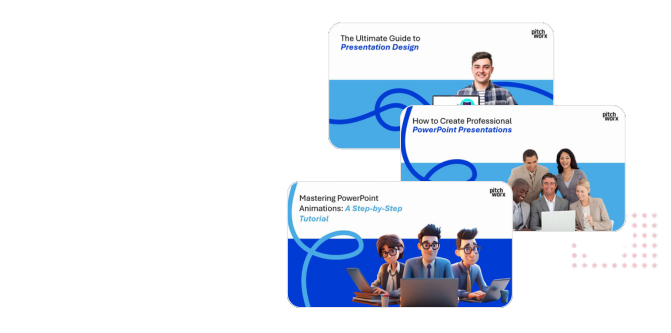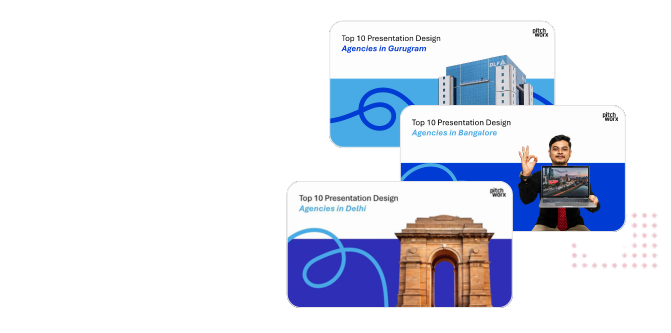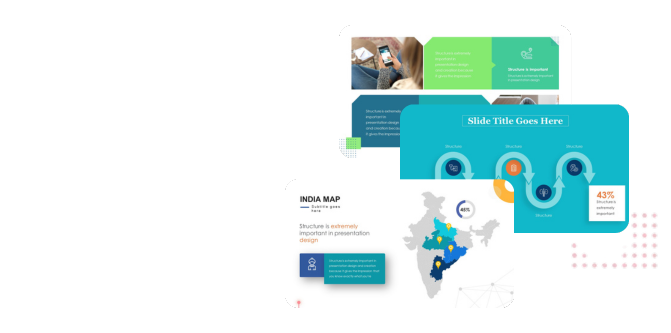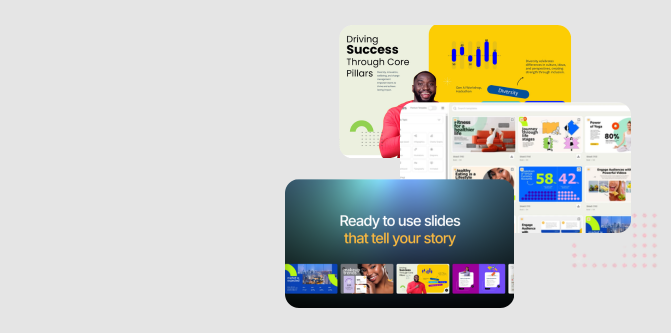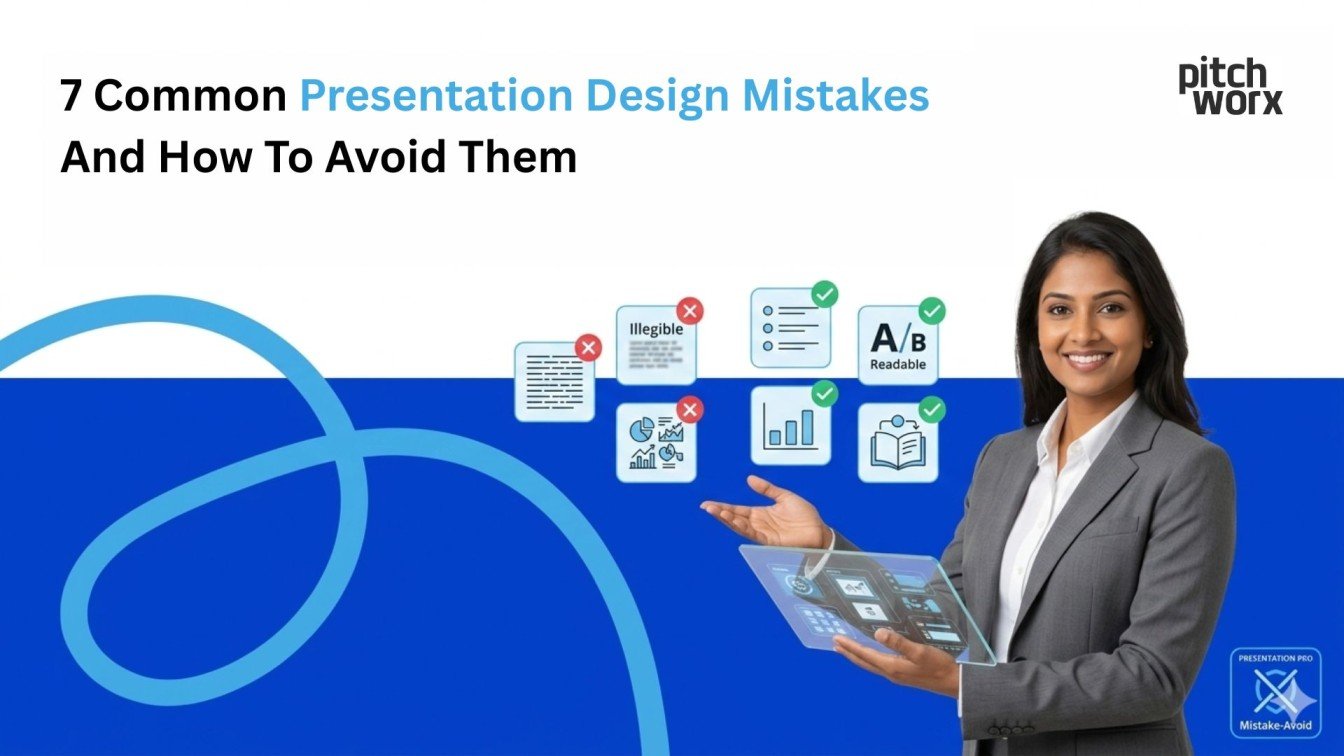Published: November 04, 2025 | Reading Time: 14 minutes | Author: PitchWorx Design Team
Table of Contents
- Introduction
- Why Technical Product Launches Need Specialized Design Expertise
- The USA Startup Landscape: Why Pitch Decks Matter More Than Ever
- 8 Critical Factors When Selecting a Presentation Design Agency
- Creative Hacks for Standout Technical Presentations
- USA Industry-Specific Considerations
- Vetting Process: Questions to Ask Potential Agencies
- Red Flags to Avoid
- Investment: What to Expect
- Future Trends Shaping Presentation Design
- Conclusion: Making the Right Choice
Introduction
Launching a technical product in the competitive American market requires more than just groundbreaking technology—it demands a presentation that resonates with investors, stakeholders, and customers. With over 73% of U.S. venture capital invested in tech startups, the pressure to deliver compelling pitch decks and product launch presentations has never been higher. Choosing the right Presentation Design Agency can mean the difference between securing Series A funding or watching competitors capture market share.
Why Technical Product Launches Need Specialized Design Expertise
The U.S. tech landscape is unforgiving. From Silicon Valley to Boston’s Innovation District, startups and enterprises compete for attention in saturated markets. Technical products—whether SaaS platforms, AI solutions, blockchain applications, or IoT devices—face a unique challenge: translating complex functionality into digestible visual narratives. A specialized Presentation Design Agency understands that technical audiences demand both depth and clarity.
The USA Startup Landscape: Why Pitch Decks Matter More Than Ever
American venture capital firms reviewed over 2.5 million pitch decks in 2024, yet only 0.91% of startups secured funding. The difference often lies in presentation quality. Data from DocSend reveals that investors spend an average of 3 minutes and 44 seconds reviewing pitch decks. This is where a professional Presentation Design Agency becomes invaluable—they know how to architect information hierarchy that captures and retains investor focus.
8 Critical Factors When Selecting a Presentation Design Agency
1. Technical Industry Experience and Domain Knowledge
Not all design agencies understand technical products. Examine their portfolio for SaaS product launches, enterprise technology case studies, and deep tech experience.
2. Understanding of USA Market Dynamics and Investor Expectations
The U.S. market has distinct presentation preferences. A qualified agency should understand regional investor preferences, industry-specific metrics, and compliance visuals.
3. Data Visualization Mastery for Growth Metrics
A top-tier agency should excel at creating growth charts, comparison matrices, technical architecture diagrams, and cohort analysis visuals.
4. Pitch Deck Specialization for Funding Rounds
Your agency should offer funding stage expertise, slide-by-slide narrative architecture, and appendix creation for technical deep-dives.
5. Speed and Iteration Capability
Evaluate their turnaround times, collaboration tools, and revision policies to ensure they can deliver quality under pressure.
6. Brand Consistency Across Multiple Touchpoints
Your presentation must align with your website, product demos, and social media. The agency should be able to translate your brand guidelines into presentation templates.
7. Storytelling That Resonates with American Audiences
American business culture values problem-solution framing, social proof, the founder’s story, and bold vision statements.
8. Future-Ready Design and Emerging Technologies
Forward-thinking agencies incorporate interactive presentations, virtual presentation optimization, and AI-powered personalization.
Creative Hacks for Standout Technical Presentations
- The “Before-After-Bridge” Technique: Show the current painful state (Before), your product’s transformation (After), and how you get there (Bridge).
- Micro-Animations for Complex Concepts: Use subtle animations to help audiences absorb complexity without overwhelm.
- The “One Number” Slide Power Move: Dedicate entire slides to singular, powerful metrics.
- Interactive Prototype Embeds: Embed working product demos instead of static screenshots.
USA Industry-Specific Considerations
SaaS and Cloud Infrastructure: Address integration capabilities, security certifications (SOC 2), and scalability metrics.
Fintech and Blockchain: Show adherence to SEC regulations and banking partnerships.
Healthcare Technology: Clearly communicate HIPAA compliance, FDA clearance pathways, and clinical validation data.
Artificial Intelligence and Machine Learning: Show model architecture, training data provenance, and bias mitigation strategies.
Vetting Process: Questions to Ask Potential Agencies
- “Show me three technical product launch decks you’ve created—what were the outcomes?”
- “How do you stay current with USA investor trends?”
- “What’s your process for understanding our technical product?”
- “Can you provide references from USA-based tech startups?”
Red Flags to Avoid
Avoid agencies that use generic templates, have no revision process, don’t ask detailed technical questions, or overpromise on timelines.
Investment: What to Expect
Presentation Design Agency pricing in the USA varies: basic pitch decks cost $2,500-$7,500, custom product launch presentations range from $8,000-$25,000, and comprehensive launch packages can be $25,000-$75,000+. Investing 1-2% of your target raise in professional design delivers measurable ROI.
Future Trends Shaping Presentation Design
The presentation industry is evolving with AI-assisted design, Virtual and Augmented Reality, hyper-personalization, and a greater emphasis on sustainability storytelling.
Conclusion: Making the Right Choice
Selecting a Presentation Design Agency for your technical product launch is a strategic decision. The right agency becomes a creative partner who understands both your technology and your market. Start by defining your success metrics and evaluate agencies against the criteria outlined above. In the competitive USA tech ecosystem, exceptional presentation design isn’t a luxury; it’s a requirement for success.




